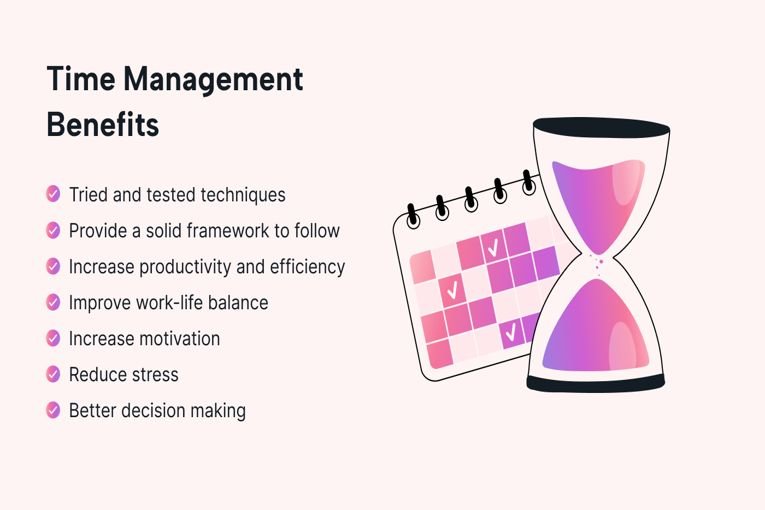Introduction
Effective time management is crucial for success in both personal and professional life. By implementing simple strategies, you can enhance your productivity, reduce stress, and achieve a better work-life balance. In this article, we will discuss practical tips to help you manage your time more efficiently on a daily basis.
Set Clear Goals
One of the first steps in improving your time management is setting clear goals. Define what you want to achieve in a day and prioritize tasks according to their importance. Setting specific, achievable goals will provide you with a roadmap to follow and keep you focused throughout the day.
Create a Daily Schedule
Creating a daily schedule is essential for effective time management. Allocate specific time slots for different tasks, including work assignments, personal activities, and breaks. By following a structured schedule, you can ensure that you make the most of your time and avoid procrastination.
Prioritize Tasks
Not all tasks are equally important or urgent. To improve your time management, prioritize your tasks based on their deadlines, importance, and impact on your goals. Focus on completing high-priority tasks first to avoid feeling overwhelmed and ensure that essential work is done on time.
Use Time Management Tools
There are numerous tools and apps available to help you manage your time more efficiently. Utilize tools like calendars, task managers, and productivity apps to organize your schedule, set reminders, and track your progress. These tools can streamline your workflow and enhance your productivity.
Minimize Distractions
Distractions can significantly impact your productivity and time management. Identify common distractions in your environment, such as social media, emails, or noisy surroundings, and take steps to minimize them. Create a distraction-free workspace and establish boundaries to stay focused on your tasks.
Delegate Tasks
You don’t have to do everything yourself. Learn to delegate tasks to others, whether at work or home, to free up your time for more important responsibilities. Delegating tasks can help you avoid burnout, improve efficiency, and empower others to contribute to the overall success of a project.
Practice Time Blocking
Time blocking is a technique where you allocate specific time blocks for different tasks or activities. By dedicating uninterrupted time to focus on a single task, you can improve your concentration and productivity. Schedule time blocks for important tasks and avoid multitasking to enhance your efficiency.
Take Regular Breaks
Taking regular breaks is essential for maintaining focus and productivity throughout the day. Schedule short breaks between tasks to recharge your mind and avoid burnout. Use break times to relax, stretch, or engage in activities that help you refresh and refocus on your work.
Review and Reflect
At the end of each day, take time to review your accomplishments, identify areas for improvement, and plan for the next day. Reflect on your time management strategies, evaluate what worked well and what didn’t, and make adjustments as needed. Continuous reflection and improvement are key to mastering your time management skills.
Stay Flexible
While having a structured schedule is important, it’s also essential to remain flexible and adapt to unexpected changes or priorities. Be prepared to adjust your plans as needed, accommodate new tasks or opportunities, and stay agile in managing your time effectively. Flexibility allows you to navigate challenges and seize opportunities as they arise.







